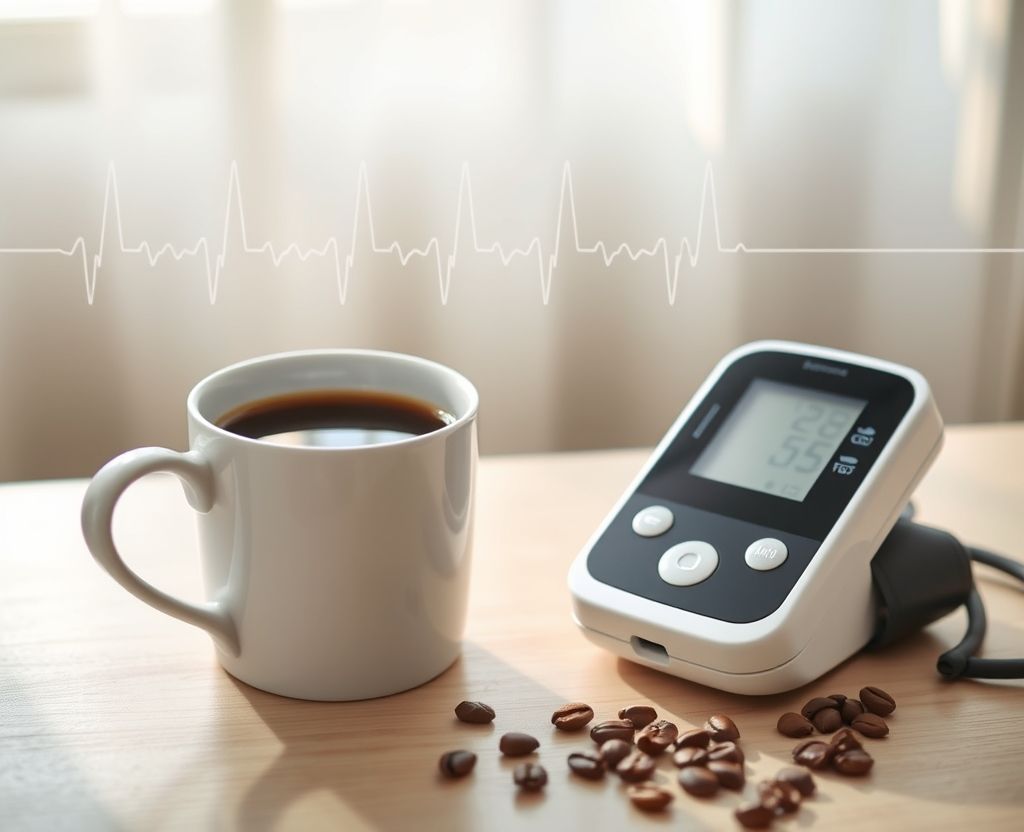
Does Coffee Raise Blood Pressure? What Science Really Says
With millions around the world starting their day with a cup of coffee, questions about its impact on heart health—particularly blood pressure—continue to draw attention. For coffee lovers and health-conscious readers alike, understanding the relationship between caffeine and blood pressure is essential. Here’s what recent scientific evidence reveals.
Temporary Spikes—Not Long-Term Damage
Coffee contains caffeine, a natural stimulant known for enhancing alertness. One of its side effects, however, is a temporary rise in blood pressure, spiceblocking adenosine receptors—which normally help blood vessels relax—and releasing adrenaline, a hormone that can cause blood vessel constriction.
But for regular coffee drinkers, this spike tends to diminish over time. Research shows that most healthy adults develop tolerance to caffeine, and moderate daily consumption does not appear to increase long-term blood pressure levels.
The Other Side of Coffee: Antioxidant Power
Beyond caffeine, coffee is rich in polyphenols and other antioxidants. These compounds can reduce inflammation and support vascular health by helping blood vessels function properly.
Studies suggest that these antioxidants might counterbalance the temporary rise in blood pressure caused by caffeine. In fact, some evidence shows that people who consume coffee regularly may experience better vascular function compared to non-coffee drinkers.
How Preparation Affects Heart Health
The way you prepare your coffee can also influence its health impact. Specifically, unfiltered coffee—like that made with a French press or Turkish pot—contains diterpene, compounds known to raise LDL (bad) cholesterol. While this doesn’t directly affect blood pressure, high cholesterol is another risk factor for heart disease.
On the other hand, filtered coffee—such as drip or pour-over—removes most of these diterpenes and is considered a safer daily option.
Safe Coffee Intake: What the Experts Recommend
Health authorities such as the U.S. Food and Drug Administration (FDA) suggest that consuming up to 400 mg of caffeine per day—roughly 4 to 5 cups of brewed coffee—is safe for healthy adults. However, this recommendation may change for people with hypertension or cardiovascular conditions.
For those managing high blood pressure, many cardiologists advise limiting intake to 1–2 cups daily and monitoring individual responses. Keep in mind that caffeine content can vary:
-
Brewed coffee (8 oz): ~95 mg caffeine
-
Espresso (1 shot): ~63 mg caffeine
-
Cold brew: Can exceed 200 mg depending on preparation
-
Decaf: ~3 mg caffeine per cup
If you’re sensitive to caffeine or on blood pressure medication, it’s best to consult a healthcare provider.
Practical Tips for Coffee Drinkers with Blood Pressure Concerns
-
Measure your blood pressure before and after drinking coffeeto and
-
Limit other sources of caffeine like tea, energy drinks, and chocolate to stay within safe daily limits.
-
Try half-caff or decaf blends to reduce caffeine intake without giving up your coffee ritual.
-
Opt for felt to minimize intake of compounds linked to cholesterol.
-
Stay hydrated, as caffeine
-
Consult your doctor, especially if you have existing heart or blood pressure conditions.
Bottom Line
For most people, moderate coffee consumption is safe and unlikely to cause long-term increases in blood pressure. While caffeine can cause a short-term rise, the body usually adapts—and the antioxidants in coffee may offer protective cardiovascular benefits. With the right balance, coffee can remain part of a healthy lifestyle—even for those managing blood pressure.



